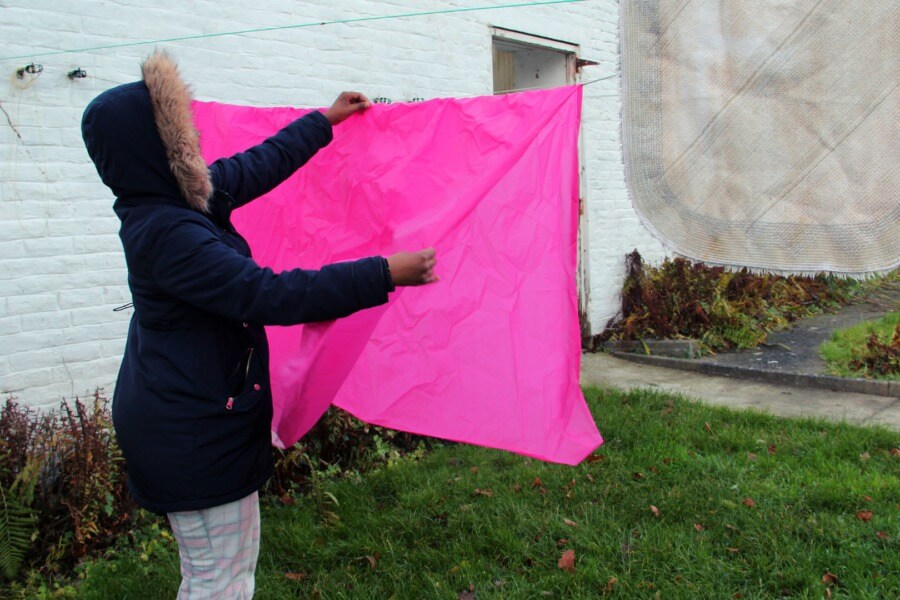
Valentine’s story
Since July 2018, Valentine[1], and her three children have lived in a studio at Logis de Louvranges, a shelter for vulnerable women with or without…
Read moreCaritas International by region
Caritas International in Belgium
Asylum & Migration Countries of origin Reintegration after return Voluntary return
In the city of Artashat, we meet Naira, her husband Aram, and their daughter Elan. Naira and Elan chose voluntary return after Aram was forcibly returned to Armenia. Thanks to the reintegration budget, the family was able to buy a car and Aram became a taxi driver. “Life here is very difficult: there is no money. Even when you work, you have to wait for your money each month. There is no future prospect. I would like to find a job, but there is nothing here. In Belgium, it was also hard: we lived without papers and we had no safety net (no social insurance, no mutuality) but we could at least both start working. This is not possible here. ”
The family momentarily lives with the Naira’s parents. Elan goes to school one kilometer from the house. “My first memories date back to when we lived in Belgium,” says the little girl. “I was four when we left here. In Belgium, I learned to read and write Dutch. Then we came back, I did not know how to write Armenian, but I could speak it a little bit. I had to take remedial classes. It was not always obvious.” During the many interviews for the report, Elan teaches me how to play Nardi, a board game with pawns and two dice. The family invites us in the evening for the famous “sjasliek”, a kind of barbecue. The hospitality, the kindness, and the openness of the Armenians really has no limit. I am also struck by the strength of the bonds that unite the members of the same family. One quickly feels that the family is central in the life of the Armenians. Aram and his family are clearly confronted with contradictory feelings: after six years of absence, they are happy to be back with their families, however, on the other hand, they have difficulty with the lack of prospects for the future.
With the support of the Asylum, Migration and Integration Fund (AMIF). Towards a more integrated migration policy, thanks to AMIF.
